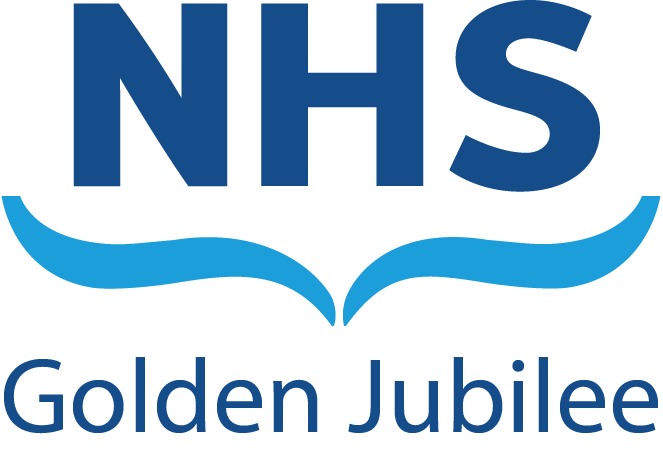Cardiothoracic
NHS Golden Jubilee is home to one of the largest cardiothoracic centres in the UK, with four operating theatres dedicated to cardiac procedures, and a further two dedicated to thoracic surgery.
Each theatre is equipped with state-of-the art machines and analysers to ensure that every patient undergoing cardiothoracic surgery at NHS Golden Jubilee receives the most advanced and sophisticated anaesthetic management.
Our team is made up of recognised experts in Total Intravenous Anaesthesia (TIVA) who provide services for approximately 1,200 cardiac patients every year. The team support across a surgical case mix of elective, urgent and conventional artery bypass grafting, valve operations which are conducted through a conventional and minimally invasive approach as well as heart transplantation and a variety of mechanical supports.
Our team also provide cardiac anaesthesia for the Scottish Adult Congenital Cardiac Service (SACCS) across three dedicated lists per week. Additionally, we offer support including imaging for specialist cardiology activity, including, Transcatheter Aortic Valve Implantation (TAVI), MitraClip and Electrophysiology procedures, which take place in one of our Cardiac Catheterisation Labs (Cath Lab) at the Heart and Lung Centre.
Carrying out approximately 500 lung resections a year, the NHS Golden Jubilee is one of the busiest thoracic centres in the UK. For these operations, we offer a variety of regional anaesthesia techniques for intraoperative and postoperative analgesia. These techniques ensure that our patients’ overall surgical experience is as comfortable as possible.
Pre-operative Assessment Clinic
Before undergoing your heart or lung surgery, you will be seen by our Pre-operative Assessment Team (that includes a consultant anaesthetist) at one of our clinics.
The preoperative assessment clinics run from Monday through to Thursday here at the Golden Jubilee National Hospital.
During your visit our team will:
- Give a clear explanation of your anaesthetic and surgical procedure, as well as talk you through what to expect from when you come into hospital, to when you are discharged home. This information will be given to you and any relative or friend you wish to be informed.
- Ask, if you are well enough, to come in on the morning of your surgery rather than spend an additional night in hospital before your operation.
- Explain the way you go to sleep for your procedure, your pain relief after your surgery, your stay in the critical care unit, the ways we get you moving after major surgery, and the plans in place for when you are ready to go home. This includes any additional support needed.
- Gather information on any other health problems you may have, making sure you are in the fittest possible state to undergo your heart or lung surgery. This may mean finding out you have a low blood count, investigating the cause and treating it before your operation. This may also involve checking your lung function and trying to optimize it before your procedure. These investigations can help you recover quicker after major surgery.
- Answer any additional questions and allay any fears you may have surrounding your anaesthetic and surgical procedure.

